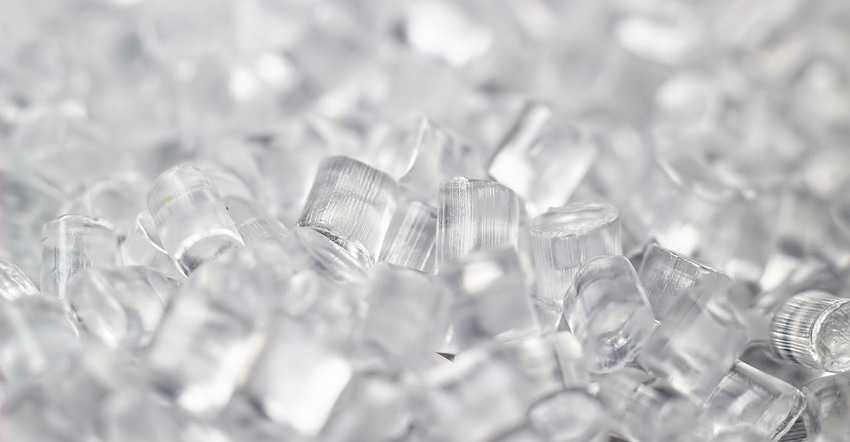Sumitomo Builds Pilot Plant for Chemical Recycling of Acrylic Resin
Pyrolyzing acrylic resin and regenerating it as MMA monomer will reduce greenhouse gas emissions over a product’s entire product life cycle by more than 60% compared with conventional virgin resins.
August 24, 2021

Sumitomo Chemical plans to construct a pilot facility for chemical recycling of acrylic resin (PMMA; poly-methyl-methacrylate) at its Ehime Works in Niihama City, Ehime Prefecture, Japan. The new facility is scheduled to begin pilot tests in the fall of 2022 and to start providing samples in 2023.
In parallel with this project, the company will work to develop a recycling system for PMMA, from collection of scrap acrylic resin to recycling and reprocessing into products, aiming for early commercialization of chemically recycled PMMA.
Transparent, weatherable, easy-processing acrylic resins are used in a range of applications, such as automotive tail lamp covers, electrical appliances, aquariums, outdoor signboards, liquid crystal displays, building materials, and protective partition panels to reduce the spread of droplets. Global demand for acrylic resins exceeded 1.3 million tonnes in 2020, and is expected to continue to grow steadily in the future.
In response to growing environmental awareness, Sumitomo Chemical is working on the development of various chemical recycling technologies in-house as well as collaborating with other companies and academic institutions. For acrylic resin, the company has been working with Japan Steel Works Ltd. (JSW), combining JSW’s continuous plastic decomposition technology using twin-screw extruders with Sumitomo Chemical’s expertise on MMA (methyl methacrylate) monomers and acrylic resins.
With its own basic technology to pyrolyze acrylic resin and regenerate it as MMA monomer successfully established, Sumitomo Chemical has decided to construct a pilot facility. The acrylic resin produced by re-polymerizing MMA monomer obtained by this technology is expected to reduce greenhouse gas emissions over the entire product life cycle by more than 60% compared to virgin materials produced from fossil resources, while maintaining the same level of basic properties, such as transparency and strength.
The scrap acrylic resin to be used as a raw material in this pilot test will be sourced from Nippura Co. Ltd., which commands the world's top share in the production of large acrylic panels for aquariums. In order to commercialize chemically-recycled PMMA, Sumitomo Chemical also will begin to study the development of a stable raw material procurement system, including the collection of used acrylic resin from scrapped automobiles, electrical appliances, and protective partition panels. The recycled MMA monomer and the acrylic resin made from it are expected to be used in fields and products in which the added value of recycled materials is recognized, including automobiles, where environmental regulations are being tightened, and road sound barriers for public highways.
About the Author(s)
You May Also Like


